
Transcription
The Advocate
Fighting Black Poverty
The Economic Battle, by Kevin Powell
I often think of the poverty my mother and I endured the first 18 years of my life: welfare, food stamps, government cheese, rat-infested tenements, and heat and hot-water challenges.
These things saved us: our spiritual faith; my mother's vision and resiliency to never accept failure; and the quality education I received because my mother, despite her eighth-grade education, instinctively knew that could be a path out of poverty.
Mother was right.
I am middle class, with a college education from Rutgers University. But I never forget where I come from. As we mark the 50th anniversary of Martin Luther King's famous "I Have a Dream" speech, we've got to be honest about the fact that not only has Black success exploded since the 1960s, but so has Black poverty.
Indeed, perhaps more important now is Dr. King's call for a "Poor People's Campaign". After years in the trenches, with the Civil Rights Act of 1964 and the Voting Rights Act of 1965 as historic victories, King shifted his attention to the issue of poverty in such cities as Chicago.
Yes, I believe MLK would marvel at Barack Obama's presidency, Oprah Winfrey's billionaire status and even that a Jay-Z could emerge from Brooklyn's streets to become an entertainment mogul. But I also feel he would wonder what it means to be able to sit anywhere on the bus or at a lunch counter yet have no money for a ride or a sandwich.
Poverty in 2013 is real for Americans, particularly the 30 percent of Black America that is poor. Or the 40 percent of Black children who are impoverished.
How did this happen?
Since the Civil Rights era, America has lost jobs that once allowed the possibility of upward mobility. As work has shifted to automation or overseas, Black America has been disproportionately affected. My mother, for example, moved from South Carolina to New Jersey where I was born, and she went from working in wealthy Whites' homes, to factories, to finally landing a good union job as a home health care worker. She never lived a materialistic existence and only bought what was needed, not what was wanted. So once I went away to college in the '80s - on a full financial aid package created because of the Civil Rights Movement - she was able to live better than she ever had. Not rich, but better.
Since Ronald Reagan's presidency, many programs, such as the one that funded my college education, have been cut. Today, if you do not have an education and/or basic marketable skills and you are Black, you'll probably be trapped in poverty and government dependency or have to resort to illegal hustles that can lead to prison, disease or an early death.
So to echo Dr. King, not only is there a need for a radical redistribution of wealth in America, but we also need billions of dollars invested in education, traditional vocational jobs and the training of our communities in technology and green-economy jobs.
I am clear about what helped steer me from poverty. Until we add to our Black agenda the confronting of poverty loudly and consistently, all that Dr. King dreamed will continue to be a nightmare for many.
Other posts by this author
|
2013 jul 20
|
2013 may 12
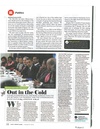
|
2013 may 12
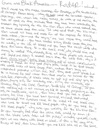
|
2013 may 12
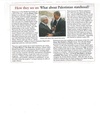
|
2013 may 12
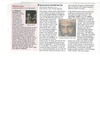
|
2013 may 12

|
More... |
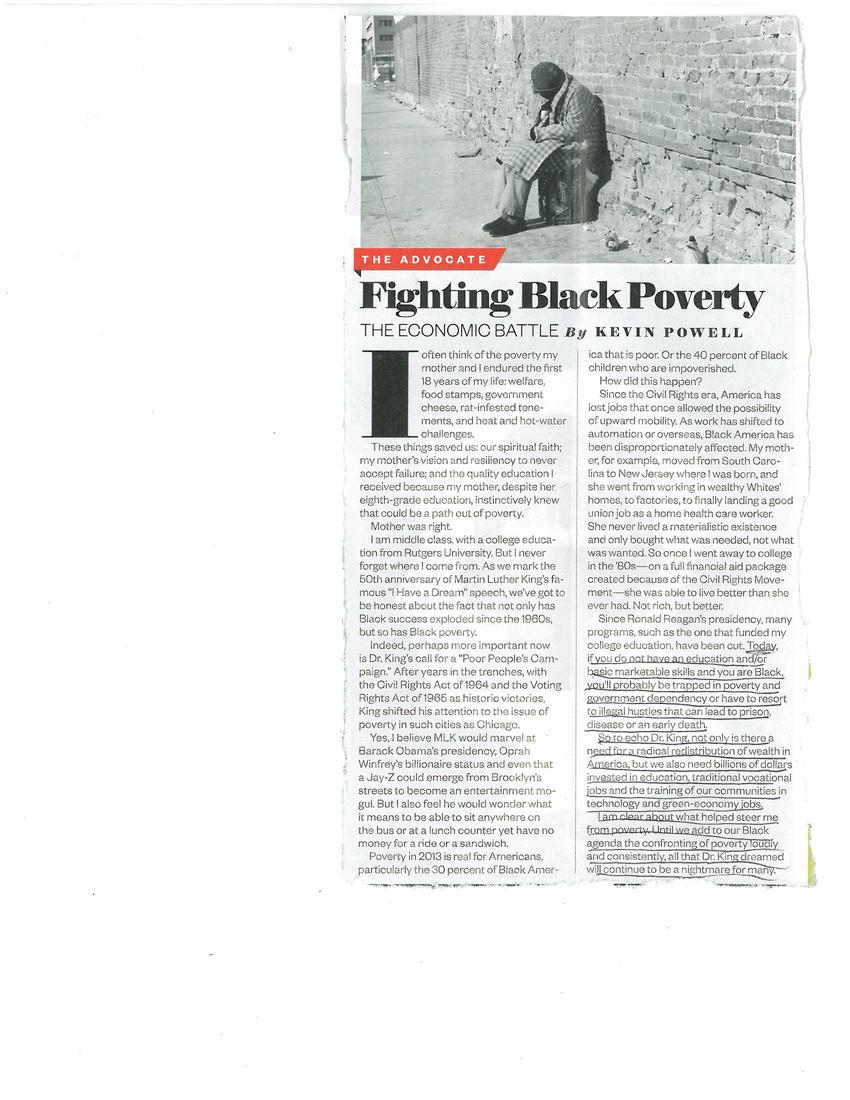

Replies